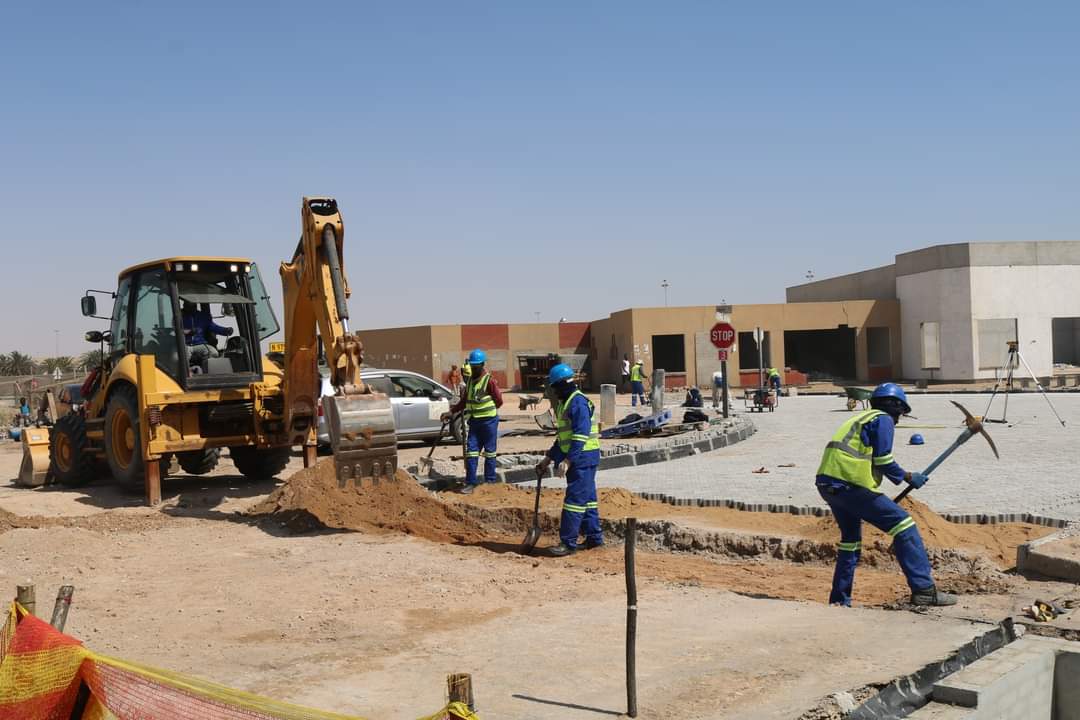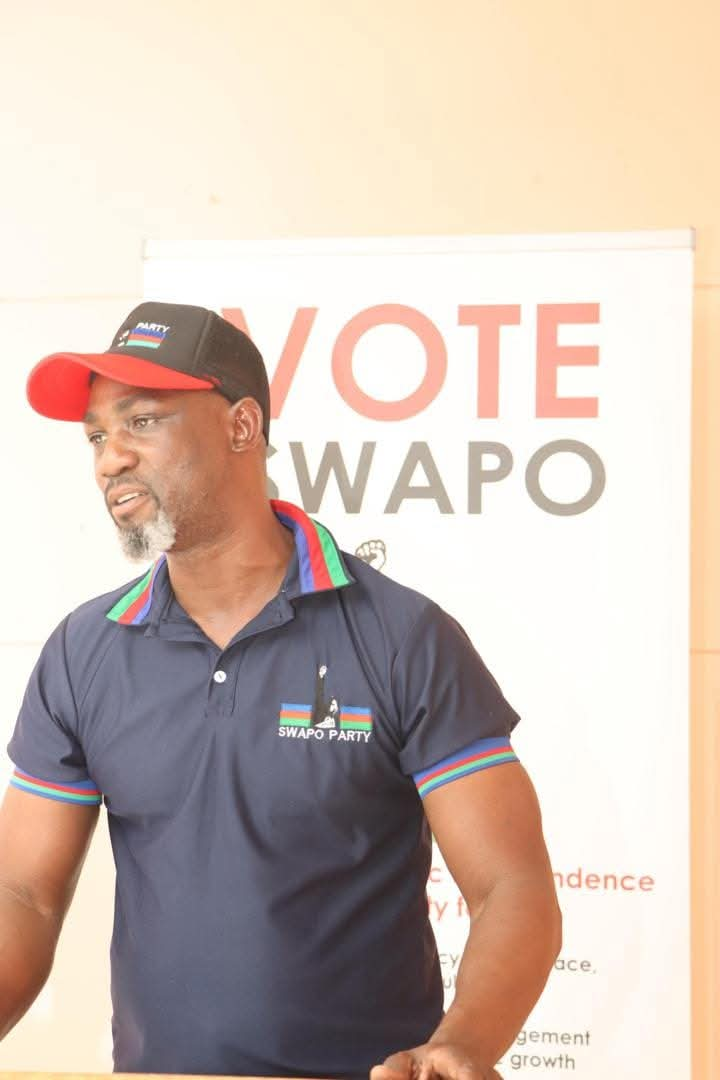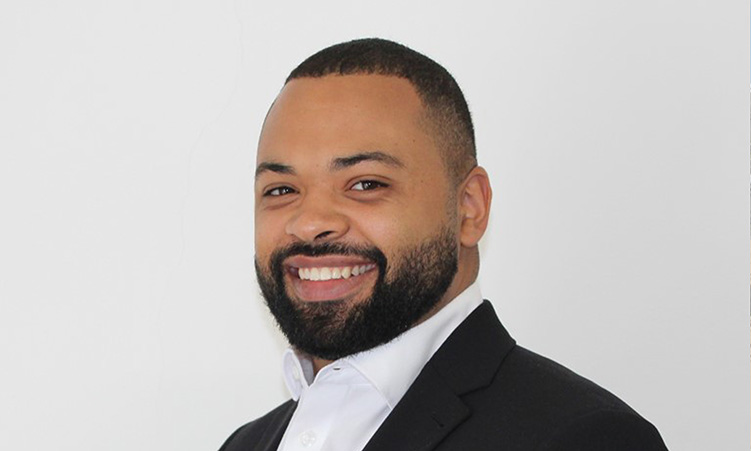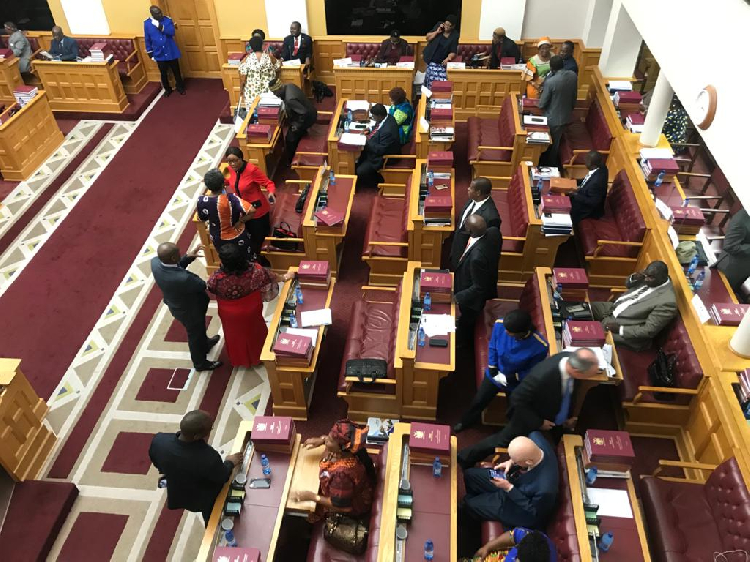CRITICISM of unequal treatment in public healthcare has flared up after the State recently sent Chief Angelina Ribebe of the Sambyu people to the United States for a N$2,3 million kidney transplant while State patients get no help for equally serious conditions.
The Minister of Health and Social Services, Richard Kamwi, subsequently told The Namibian that all patients are treated equally in the eyes of his Ministry, and that ‘we don’t have such a law that differentiates between the poorer class or the high class’.But a few weeks ago, the Ministry of Health, together with the Ministries of Foreign Affairs and of Finance, facilitated the access of funds from a N$10 million fund meant for State patients, after Cabinet last month approved the establishment of a Co-ordinating Committee for the Special Financial Assistance for Medical Treatment.Chief Ribebe, it was confirmed, is a member of the Government’s medical aid fund, and therefore not a State patient – one of the requirements for benefiting from the new emergency fund.Nevertheless, Deputy Minister of Health, Petrina Haingura last week confirmed that the fund was tapped into by the three ministries – in the absence of a committee which is yet to be established – to have Ribebe flown to New York about two weeks ago to undergo a kidney transplant, at a cost of N$2,3 million – close to a quarter of the value of the entire fund. The operation could have been done in South Africa for a fraction of the cost.Asked whether the Committee had been established since then, Kamwi said that like other politicians, he was ‘out in the field’ campaigning for the upcoming elections, and that once he was back in office on November 26, the committee would be attended to. ARE SOME MORE EQUAL?But while the establishment of the Committee takes a back seat, State patients in urgent need of assistance have to wait, without Ministries to intervene on their behalf.Take the case of 18-year-old Midori Kamies from Walvis Bay, for example, who is suffering from acute kidney failure, and is in dire need of dialysis – an external process that carries out the function of the kidney – and a kidney transplant, for the one kidney she has left. The other kidney collapsed and was removed 14 years ago.According to Midori’s mother, Michelle Kamies, because they are State patients, and can’t afford the N$2 500 per dialysis session at the private Welwitschia Hospital in Walvis Bay, she has been making several trips to Windhoek to get the medical help her daughter needs.Midori was in the Katutura Hospital last week, and before that was at the Windhoek Central Hospital for three weeks, but Kamies says the hospitals said they couldn’t do anything for the child.She says she was told that neither the Katutura nor the Central hospital had a dialysis machine to place Midori on, although health officials in the Ministry and hospitals say that the Windhoek Central Hospital is supposed to provide dialysis treatment.Kamies says that for the three weeks that Midori was at the Central Hospital, they said they couldn’t place her on a dialysis machine.Kidney transplants cannot be done at any health facility in Namibia, but under the Co-ordinating Committee, funds for transplants could be made available to State patients. This was the case with Chief Ribebe, who also had to be treated for kidney failure due to complications of diabetes. Ribebe, however, was treated at the expense of the State, despite having medical aid – a luxury that Midori and her family can’t afford.Her family and friends in Walvis Bay have been trying to open a trust fund to raise money for a transplant. But they say that the Katutura Hospital has failed to provide them with a letter for the past two months, simply to verify Midori’s condition, in order to get the fund going.A LITTLE REFORMAnd while special medical treatment seems to be the exception, as in the case with Midori, Kamwi says that with regards to accessing treatment at a State health facility, ‘there is no way that there will be a Namibian left out there, because of who that person is’.He says he has made it clear to his officials on numerous occasions that ‘no Namibian should be sent out of a health facility because the person can’t afford to pay the user fee. In terms of our policy, this is unacceptable, and if there is any problem in this regard, I am the head of the Ministry and they should take it up with me.’The Minister also shared the news of a new Cabinet resolution that might bring some reprieve for the poor. He said Cabinet had approved the latest hospital user fees at its last meeting on November 3.’People like pensioners, veterans, and orphans and vulnerable children will now be accommodated, and will no longer have to pay. I’ve been fighting on this issue for a long time, and we finally made the submission to Cabinet, and it was approved,’ he said.But at the end of the day, a young girl with acute renal failure, only one kidney left to support her, and in desperate need of dialysis and a transplant remains at the mercy of the State.One of the young women involved in helping with Midori’s trust fund simply asks: ‘If they could do that for Chief Ribebe, why can’t they do it for her?’nangula@namibian.com.na
Stay informed with The Namibian – your source for credible journalism. Get in-depth reporting and opinions for
only N$85 a month. Invest in journalism, invest in democracy –
Subscribe Now!










